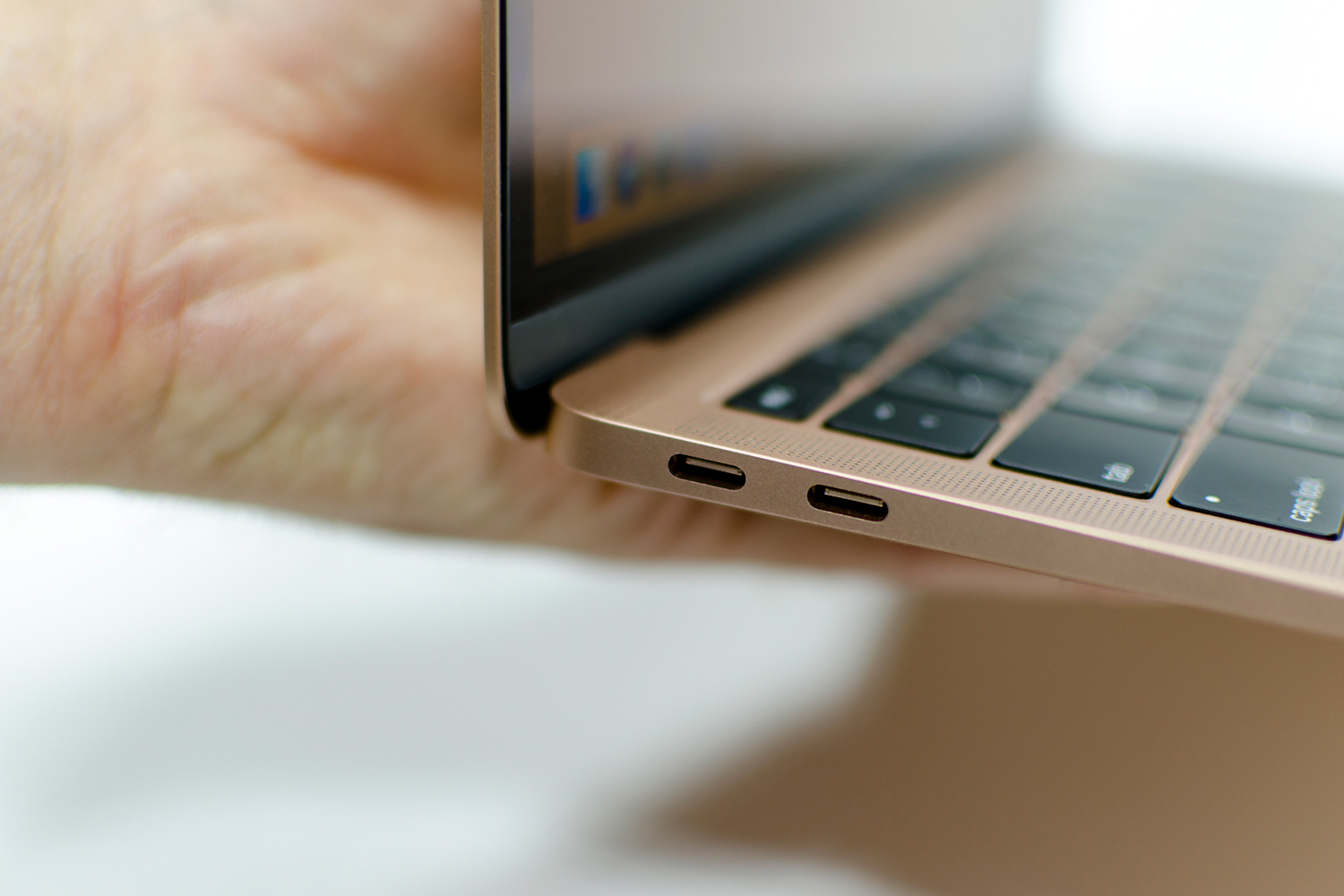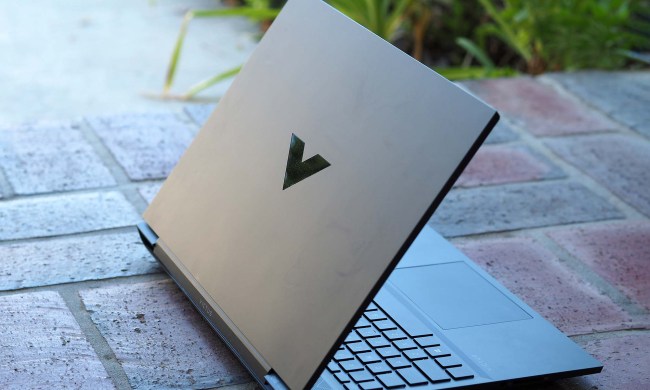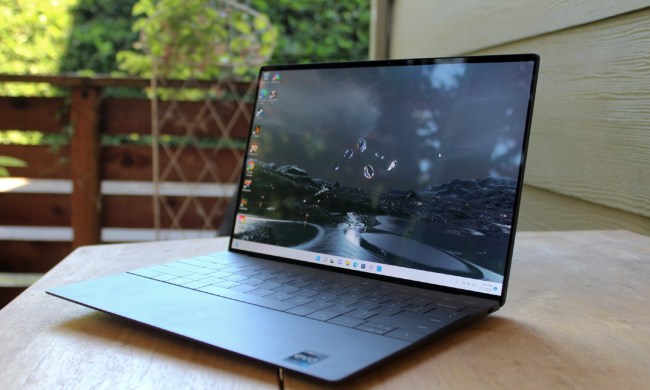Many shoppers will crawl out of bed for early Black Friday deals to pick up a new laptop at the best possible discount. If you will be joining, it’s important to avoid making a bad (and potentially expensive) purchase. Not all Black Friday deals are created equal. There are details stores may not tell, which could drastically affect your buying decisions.
Don’t worry: Check out our list of the top mistakes to avoid on Black Friday when hunting down the right laptop, and take a look at the best laptops for 2020 to learn more.
Avoid brands you don’t recognize

It’s easy to lock in on price tags, even when perusing Black Friday ads before the event itself, but you should always check the brand name carefully. If it’s not a brand name you recognize, or not a brand that’s showing up in any other Black Friday deals, alarms bells should go off in your head. Common brands like Apple, Microsoft, Samsung, Google, Dell, HP, Lenovo, Asus and so on are popular because they lead the market: They offer the best features, durability, compatibility, and customer support.
There are other brands out there, and they typically try to make sales by undercutting the prices of more common brands — we’re looking at you, especially Walmart OP. These secondary brands are out in full force on Black Friday. For the best buying experience, you should avoid them. Focus on mainstream brands to get a laptop that lasts and doesn’t have any surprises. This applies equally to tablets 2-in-1s and gaming laptops.
Don’t buy before checking prices online

Stores may not like the trend of “showrooming” or check your phone to make sure there’s no better discount elsewhere, but it’s a vital tool in your Black Friday search. When you find an attractive laptop model, take a minute and look it up on Amazon, Newegg, or another popular retailer website.
You’re looking for two important things. First, how big is the discount, really? Sometimes Black Friday deals will try to cheat the numbers and say things like, “$500 off!” But a quick search online will show you that it’s actually only around $100 off the standard pricing you could find a variety of sites — and so not nearly such a good deal as it’s represented.
In addition to these exaggerations, you also want to compare the deal to other deals you are finding online. If, for example, you can buy the same model at Best Buy for free shipping and save $50 from the in-store price, it may be worthwhile to choose that option instead.
Don’t forget about forthcoming updates

Cutting models that are about to receive updates is a common practice in the tech world. For example, the HP Spectre x360, one of our favorite 2-in-1 laptops, can often be found at significant discounts in various sales, but only because a newer model is one the way.
There’s nothing especially wrong about buying an older model laptop, but the situation does call for more research before you make a purchase. How big is the difference between the old and new models? How do the prices compare? How long would you have to wait for the new model to come out? All things to consider before pulling the trigger on a big purchase like a new laptop.
One small tip is to always check out the generation of processor a laptop has. You can trust that an 8th-generation Intel processor is up-to-date, which is usually indicated in the specs. If it lists just the processor model name, look for the number right after the “Core i5” or “Core i7” part to find the generation. For example, the Core i5-8550U is an 8th-gen processor, while the Core i5-7200U is a 7th-gen processor.
Don’t forget about operating system

You might be surprised how many people pick up a Black Friday laptop without paying much attention to the operating system. A deal is a deal, right? But, of course, the OS makes a huge difference in your laptop experience. Apple MacBooks use MacOS, Chromebooks use Chrome OS, and the rest are mostly Windows 10. All three are very different experiences.
There are apps and services that won’t work from one machine to another (especially true of the lightweight Chromebooks). So, know what operating system you — or the person you’re buying for — wants, and spare a glance to check before buying.
Don’t sacrifice important features for low prices

It can be easy to get caught up in the Black Friday discount hunt and end up with a laptop that doesn’t end up having everything you need. Two common examples are display size and storage. An 11-inch display is going to cost a lot less than a 15-inch display. However, your productivity needs or Netflix-binging tendencies may require a larger screen, so buying the smaller one will ultimately feel like a disappointment.
Likewise, if you’re planning on streaming and using the cloud, you can choose a discounted laptop without much storage. But if you need a computer that can house plenty of programs and media files, you should look for more storage, even if that raises the price. It’s also worth checking out whether the storage is SSD or HDD, which will have a dramatic impact on how fast the laptop feels. Lastly, don’t forget about port selection. With all the laptops these days moving to USB-C only, it’s something to consider if you rely heavily on USB-A accessories and peripherals.
Don’t forget about Cyber Monday
Yep, there’s another big sale with lots of laptops in just a few days. Don’t feel pressured into buying a discounted laptop that you don’t really want, just because it’s Black Friday and you need a good deal. Cyber Monday has you taken care of — and it may be more convenient than trying to make Black Friday deadlines.
Furthermore, there are many good times through the year to buy a laptop, not just on Black Friday. Opportunities like back-to-school and Labor Day weekend often provide significant price drops as well. So, if you don’t see something you like, just know it won’t be your last shot at a cheap laptop.




